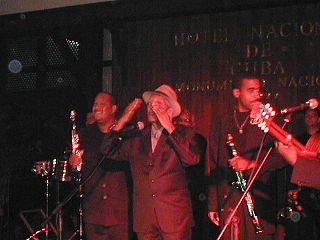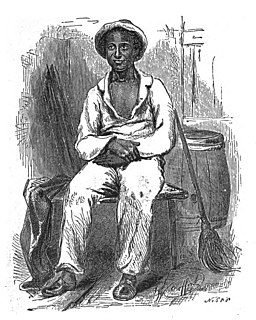A Quote by Catharine Beecher
How many young hearts have revealed the fact that what they had been trained to imagine, the highest earthly felicity, was but the beginning of care, disappointment, and sorrow, and often led to the extremity of mental and physical suffering.
Related Quotes
How few of us appreciate the fact that a very great deal of physical suffering in after life comes from bad mental training in childhood! I do not mean suffering of an imaginary kind; I mean disease which may entirely ruin a life which might have been of use to the world, and which surely would have been happier but for the lost health. Many a chronic invalid might have preserved his health had he been taught to use his brain properly when a child.
There has been evolution in my work. In the beginning I was very much busy with the physical body and the limits of the physical body but that somehow naturally led me to the mental body and how I could deal with that. Stillness is so much harder, especially for three months. It was a big challenge. As a performer it is the most difficult experience one can have. And the interactive experience with the public made it even harder.
There is much suffering in the world - physical, material, mental. The suffering of some can be blamed on the greed of others. The material and physical suffering is suffering from hunger, from homelessness, from all kinds of diseases. But the greatest suffering is being lonely, feeling unloved, having no one. I have come more and more to realize that it is being unwanted that is the worst disease that any human being can ever experience.
Being human, we would expel from our lives physical pain and mental anguish and assure ourselves of continual ease and comfort, but if we were to close the doors upon sorrow and distress, we might be excluding our greatest friends and benefactors. Suffering can make saints of people as they learn patience, long-suffering, and self-mastery.
For a very long time now I've been saying to young women, 'You can have it all, but not all at the same time.' How important it is to take very good care of yourself, of your mental and physical and spiritual wellbeing; it's hard to do. It's easier to be a workaholic than to have a truly balanced life.
No matter what we have come through, or how many perils we have safely passed, or how many imperfect and jagged - in some places perhaps irreparably - our life has been, we cannot in our heart of hearts imagine how it could have been different. As we look back on it, it slips in behind us in orderly array, and, with all its mistakes, acquires a sort of eternal fitness, and even, at times, of poetic glamour.



































